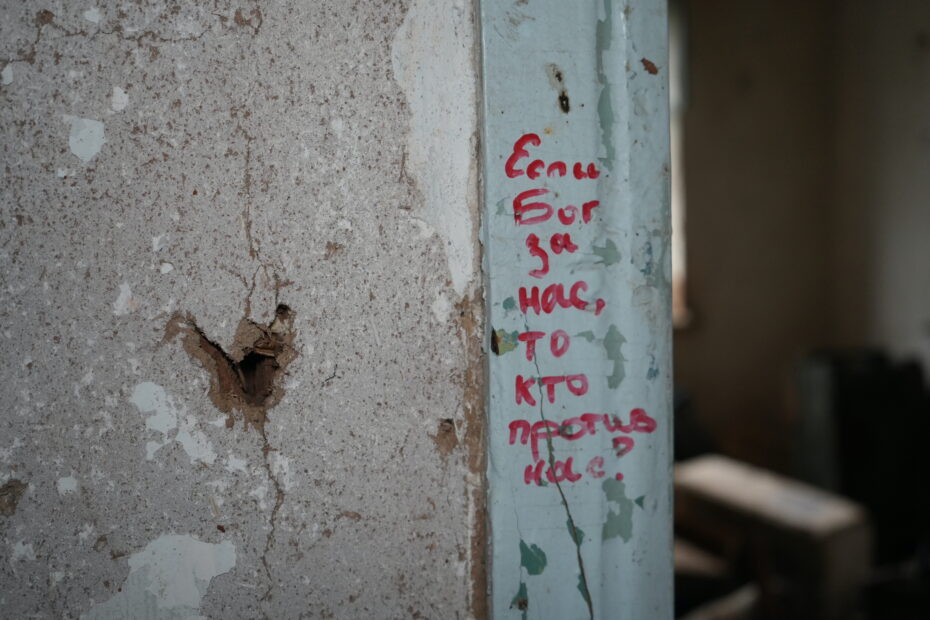Wall Evidence is an open archive of inscriptions left by the Russian military on the occupied territories of Ukraine. The project is led by the Mizhvukhamy team, who conduct expeditions to deoccupied territories and collect data from eyewitnesses and open sources. The result of their work is an extensive database of writings left by Russian soldiers in places ranging from Bakhmut in the Donetsk region to villages and towns in the Kyiv region.
In an article by Ukraїner, Anastasiia Olexii, Mizhvukhamy project manager, recalls the creative process behind the initiative. The idea of archiving inscriptions by Russian soldiers appeared in the spring of 2022, when, during their trip to Hostomel, founder of the project Pavlo Haidai and philosopher Oleksandr Filonenko noticed just how many writings were left behind by the occupiers. Wall Evidence was supported by Documenting Ukraine shortly afterwards. Currently, the main objective of the project team is to find ways to interpret the inscriptions and their place in the broader anthropology of the Russo-Ukrainian war, as well as get foreign audiences acquainted with the thinking of Russian soldiers.
Having documented over 600 inscriptions over 1.5 years, the Mizhvukhamy team was able to observe several patterns in the behaviour and psyche of Russian soldiers in Ukraine. Among the most widespread graffiti are the symbols Z, V, and O, first used to mark Russian military equipment and positions but quickly transformed into symbols of the modern Russian regime and ruscism as an ideology. Similarly prevalent are writings that reflect Russian propaganda on Ukraine, with claims about the brotherly bond between Ukrainians and Russians or pleas to protect Ukrainians from its fascist government, as well as the US and NATO.
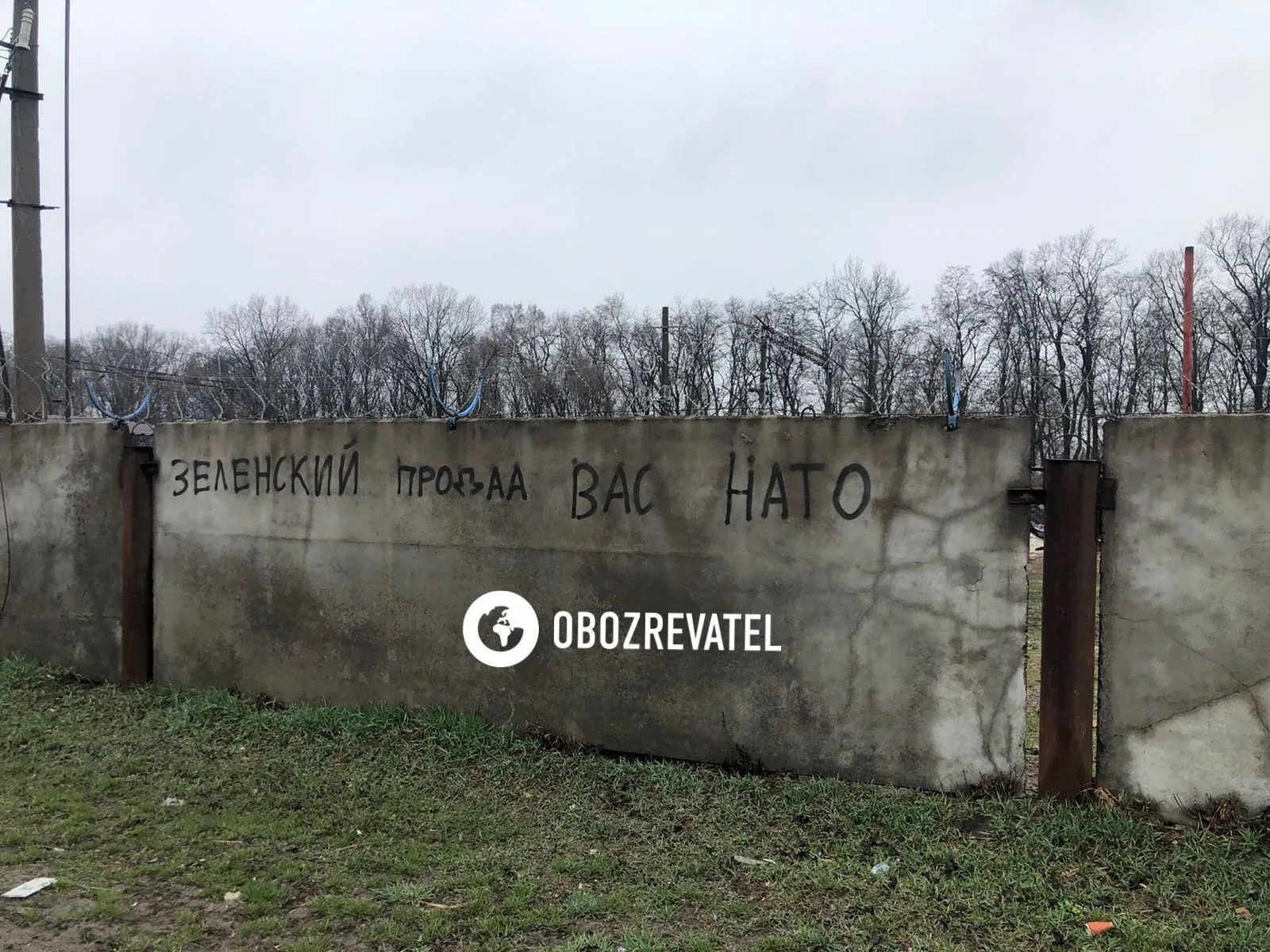
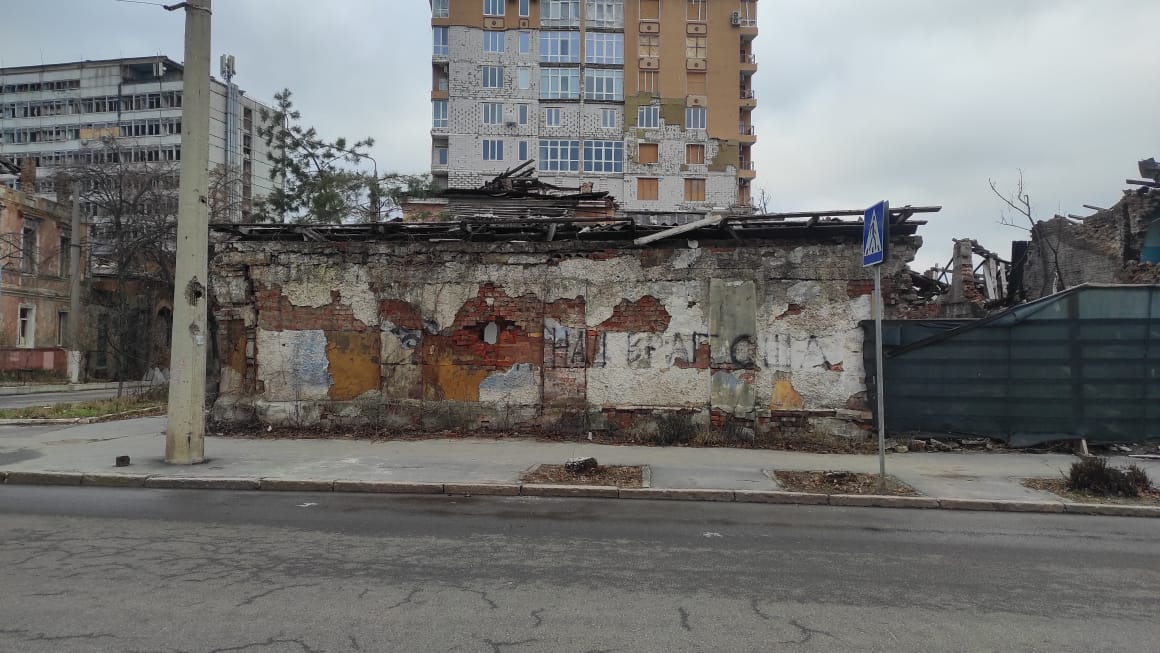
Historical motives are also among the most popular, indicating that at least some Russian soldiers are convinced that they are restoring historical justice and, in the spirit of the “victory frenzy,” continuing the deeds of their ancestors who served in the Red Army. Therefore, the walls of Ukrainian homes now bear countless references to the USSR, the Second World War (more so the so-called Great Patriotic War), “Germans,” “fascists,” and “Banderites.”
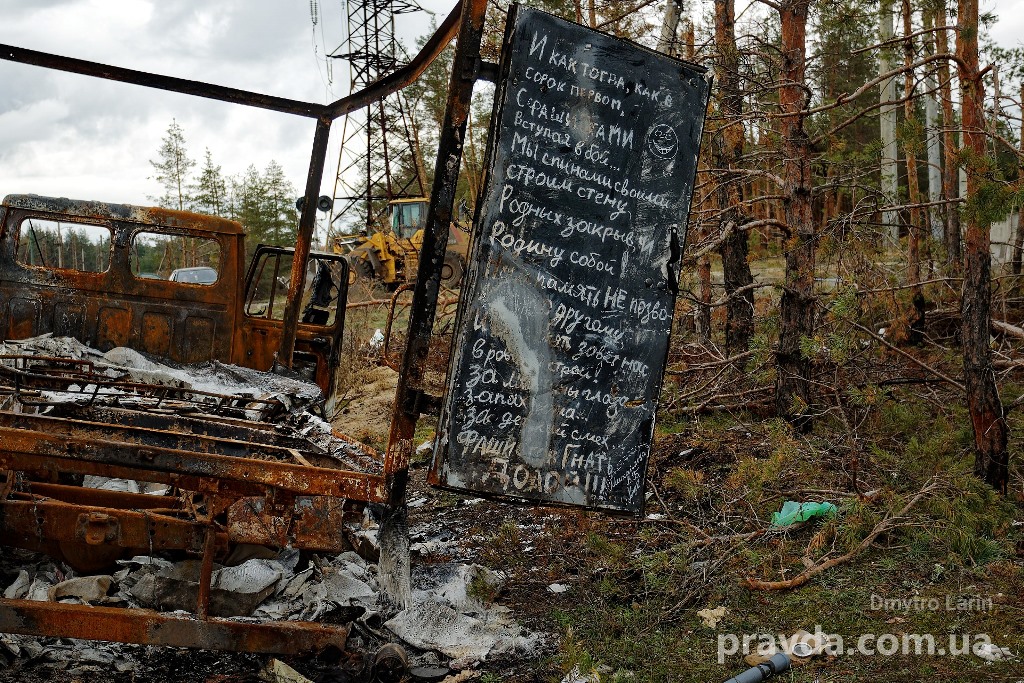
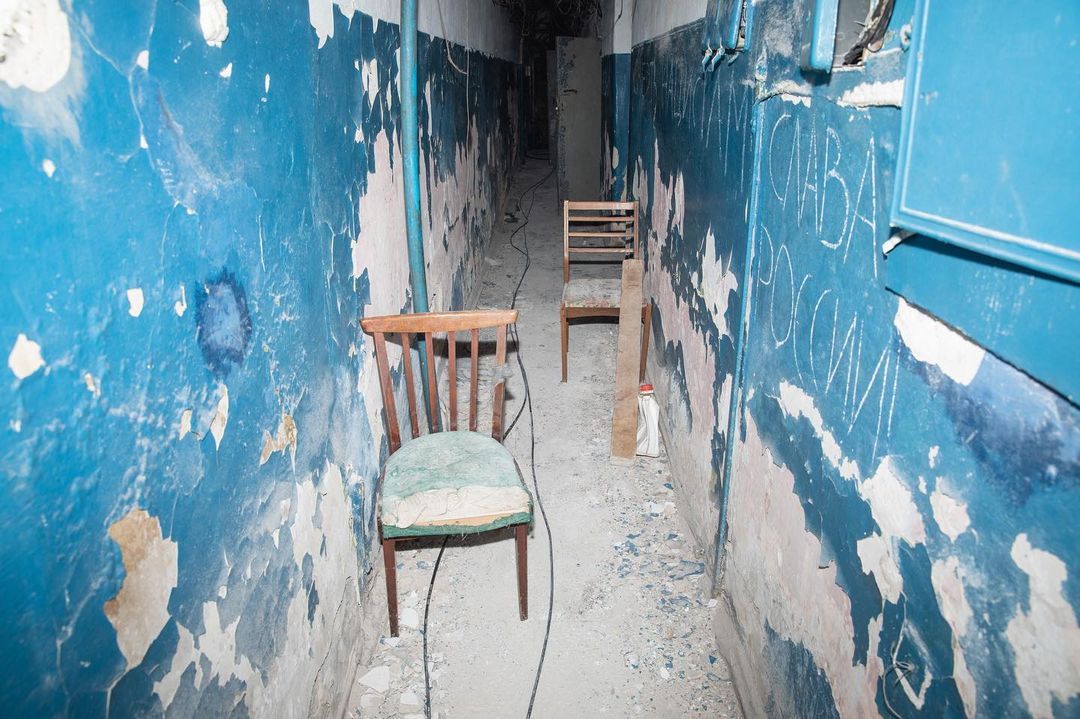
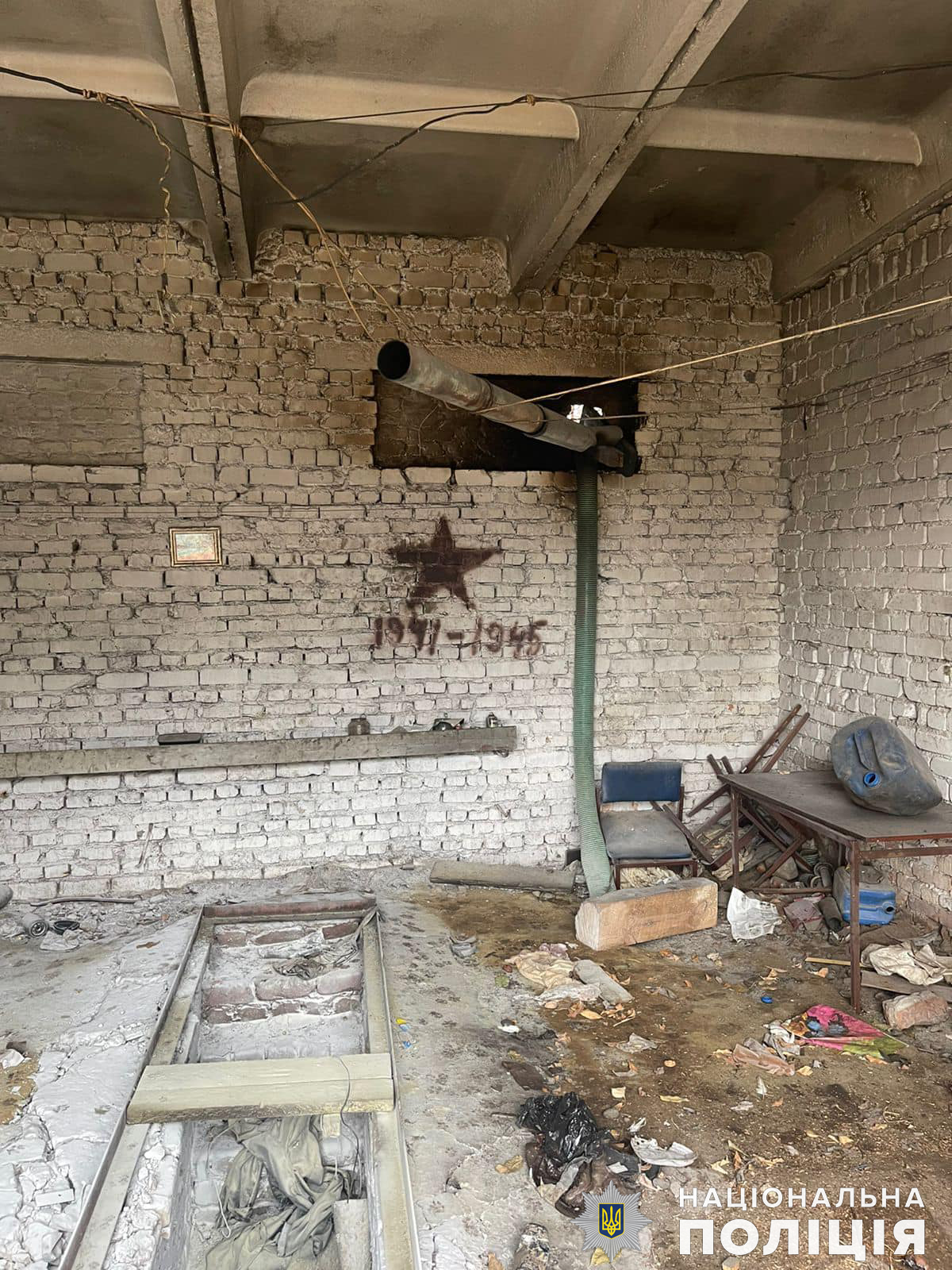
Many inscriptions convey emotions Russian soldiers feel towards Ukrainians and about participating in the invasion in general. In a material published by Hyperallergic, Roksolana Makar, Wall Evidence researcher, claims that written apologies are among the most numerous and revealing categories, since they are often given with the intention of avoiding responsibility for the crimes committed. Often, as Kyiv Independent writes, Russian soldiers leave twisted guest logs and acknowledgments, as well as declarations of envy over the material conditions enjoyed by the people whose homes they are occupying.
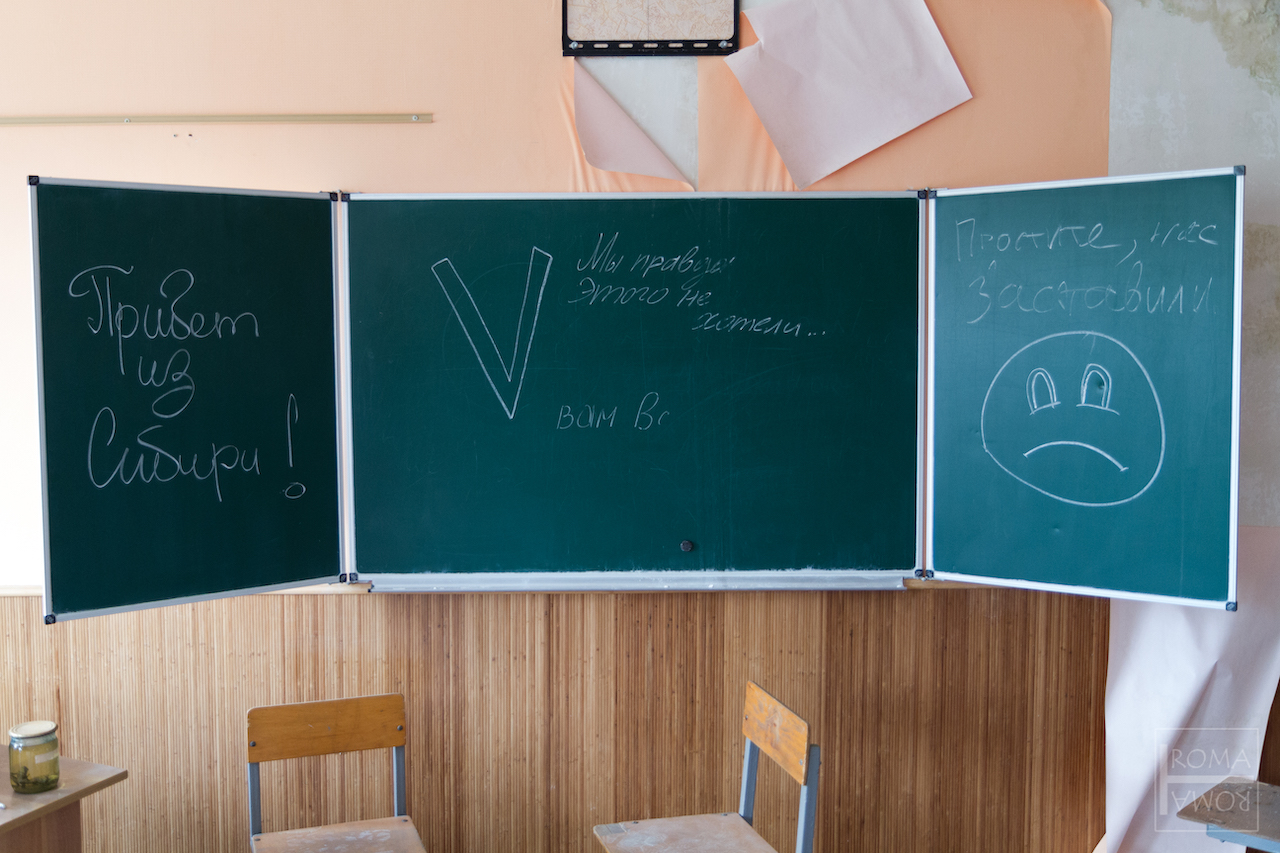
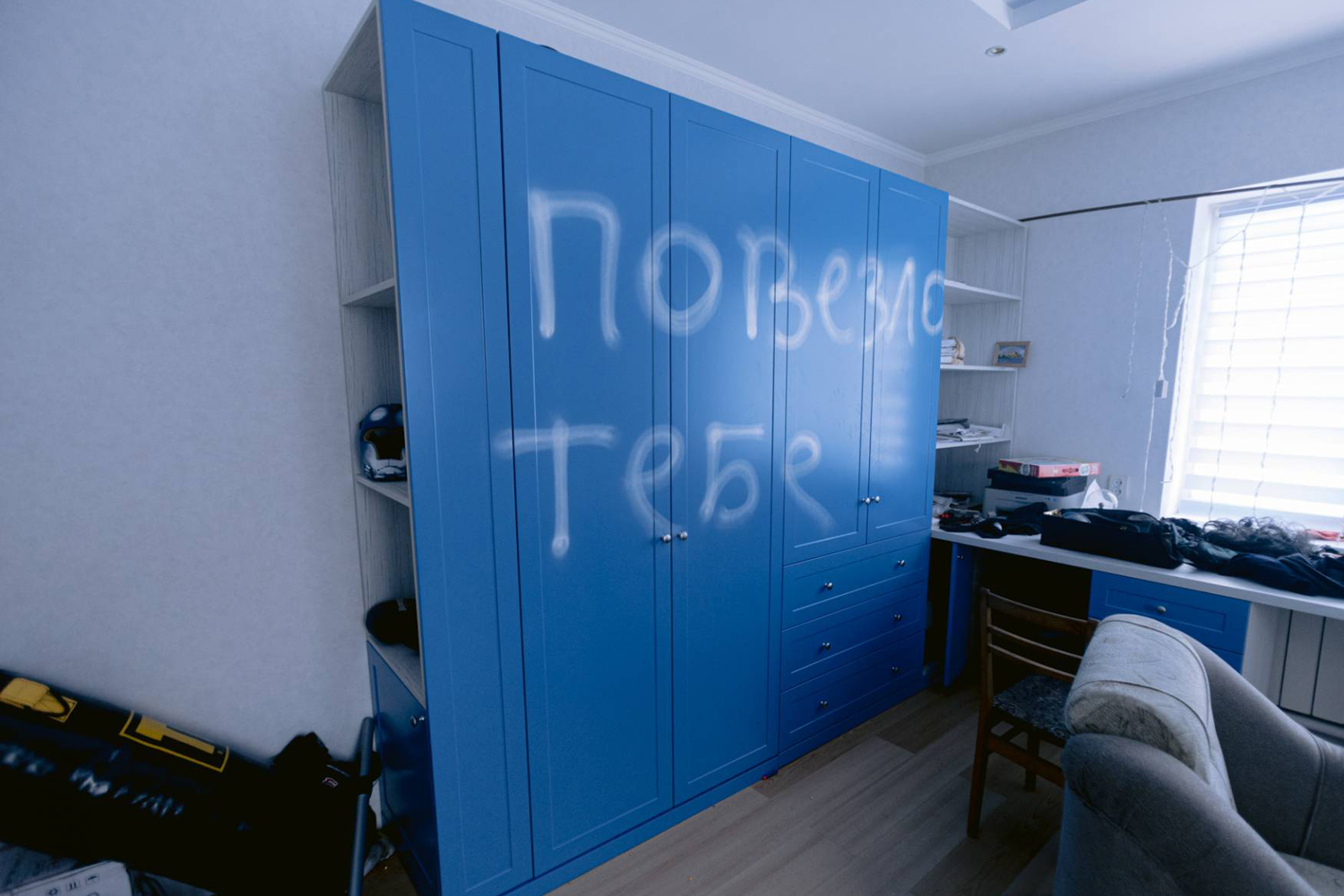
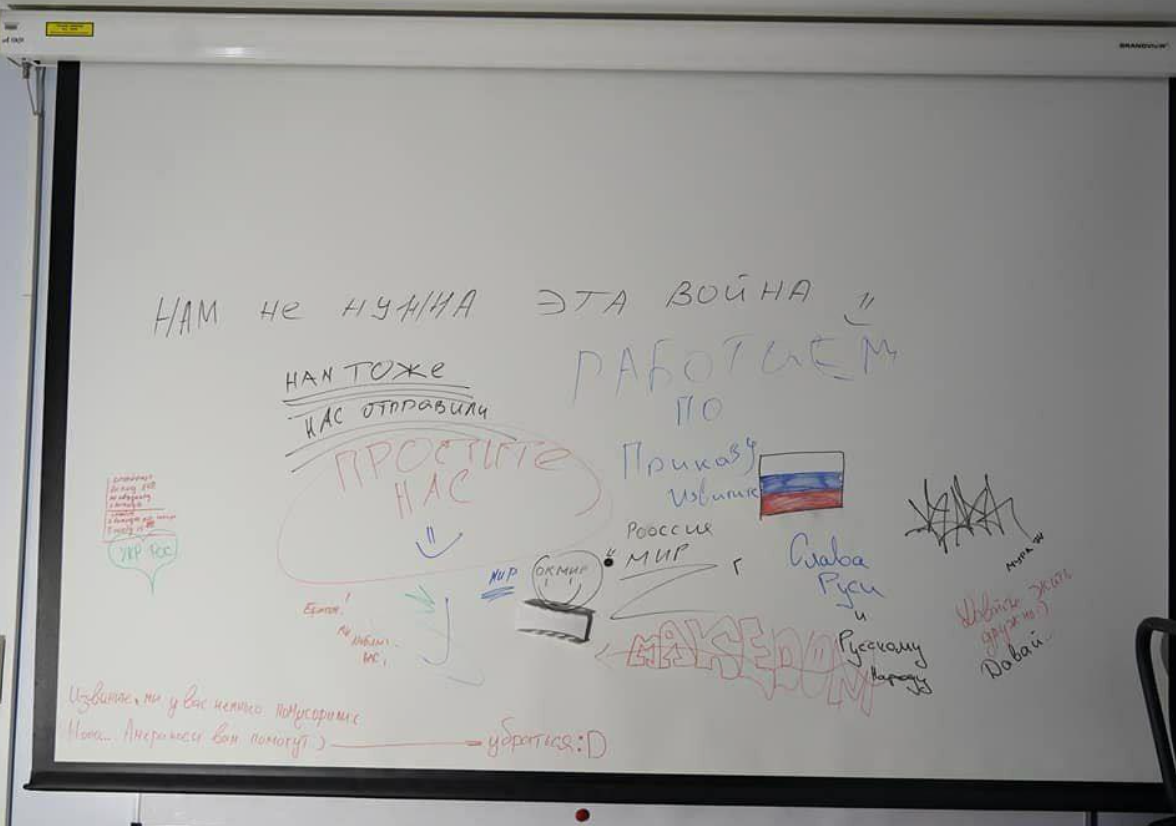
Russian guilt, however twisted, coexists with even darker feelings of mockery, disgust, and hatred toward Ukrainians. Sociologist Anna Samchuk, speaking to Ukraїner, claims that such inscriptions are a perverted attempt at dominance fuelled by a deep sense of shame.
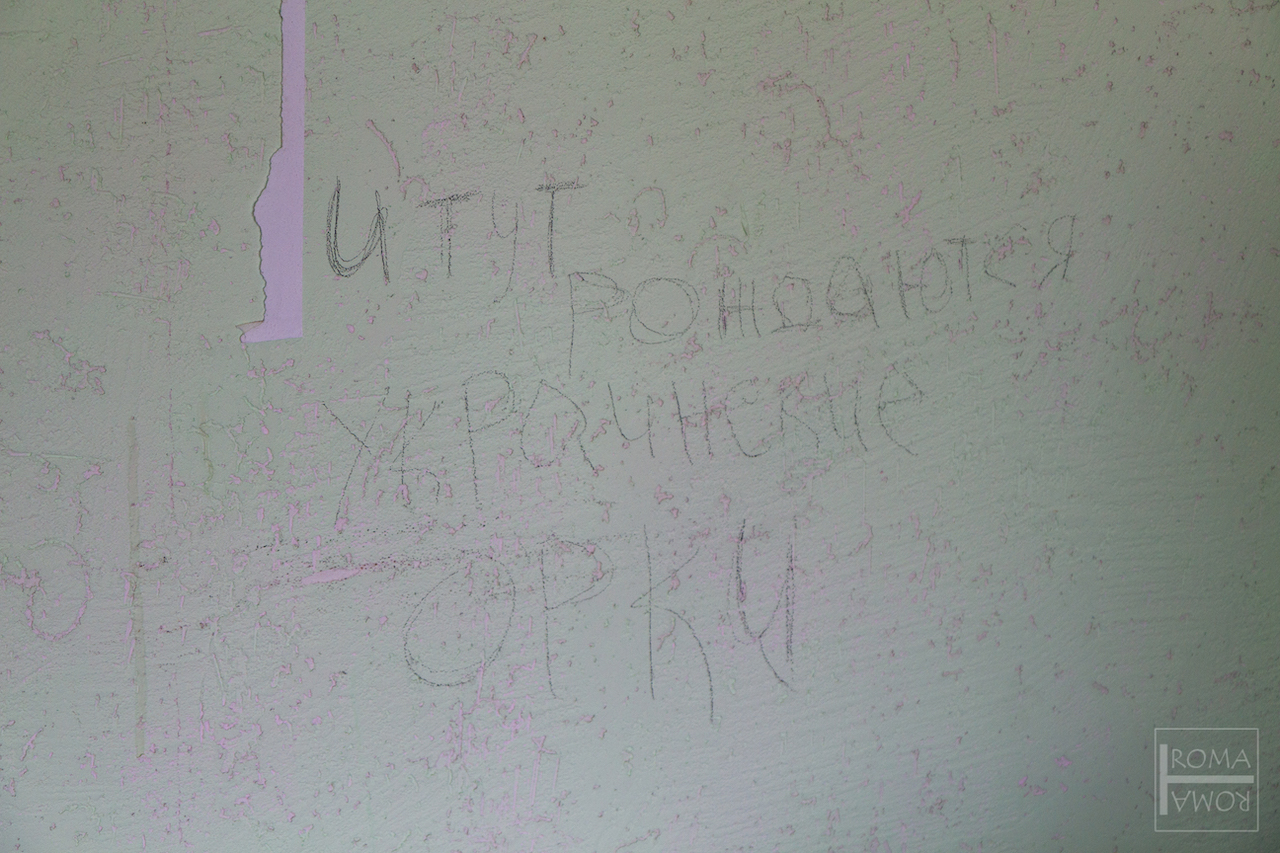
In a video about the Wall Evidence project, Anastasiia Olexii shares her reflections about the functioning of the project, as well as the mental toll it has on the team members. She says that the perception of deoccupied settlements changes not so much so from the destruction and damage to buildings, but from those alien signs that are not connected to our culture and way of life. Even when you would like to simply remove those signifiers of the occupier, you make a conscious choice to preserve this knowledge, which constitutes a psychological challenge. Moreover, Anastasiia reflects on the connection between Russian literature and war crimes committed in Ukraine, as soldiers often left short poems, song lyrics, or even quotes from books on the wall in occupied territories.
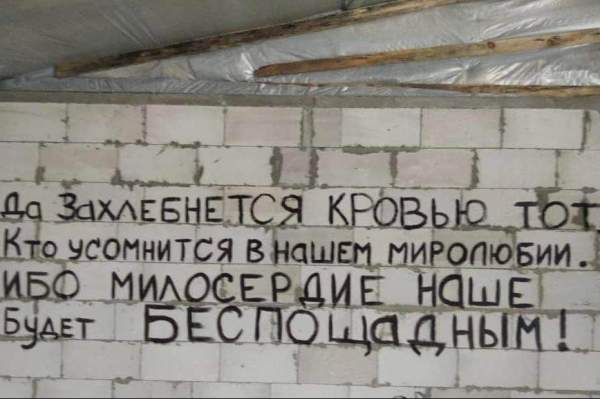
An interview with Anastasiia Olexii about the work of Mizhvukhamy within Documenting Ukraine is now avaialble on our YouTube channel:
Stories about other grantees and their projects will soon be available on our YouTube page.

